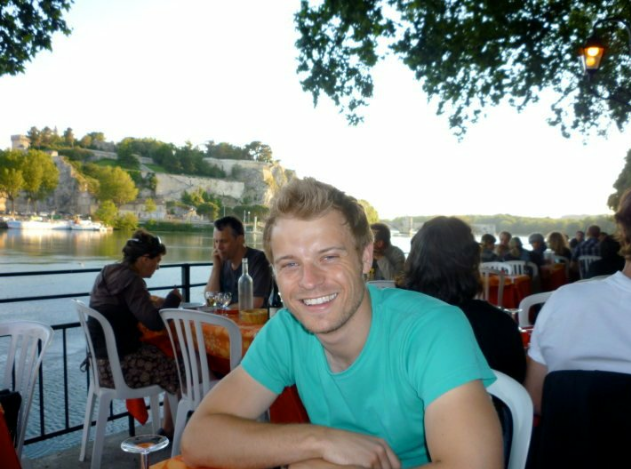Organic assimilation or active learning?
- Patrick Kendrick
- Dec 19, 2016
- 2 min read
Portuguese is the third language I'm studying to a serious level. I did an A-level in German but that language lies somewhere between dormant and extinct in the recesses of my mind. I began French at primary school after my mother signed me up to an after school club and I fared well throughout my teens, before going on to study the language at university.
Italian was also part of my degree albeit ab initio - I only started studying it when I began my BA. Either way, I made significant progress with these languages once I spent a sustained period in countries where they are spoken, both during my university year abroad 2005/06 and in subsequent 10-month spells in Brindisi and Avignon.


I only trained to become a conference interpreter after those years on the continent and came to the profession by accident rather than design. That meant that once my languages were deemed sufficient to pass the entrance exam for my MA, I was free to focus on theory, practice and technique.
This is where Portuguese differs to the languages I currently have in my combination. I didn't learn French and Italian as an interpreter or with the express intention of working with the languages per se. There was no specific objective, no benchmark I had to reach. In the case of French, I had been exposed to the language since my childhood. With Italian, meanwhile, I had six full years of study before embarking on my masters.
I feel this difference is at the heart of my struggles with Portuguese. How much do I need to know? Should I only consider myself ready to add the language once I have built a similar vocabulary (at least passively) to the one I boast in French and Italian? Or once I can competently interpret X number of interventions on the SCIC speech repository?
I deliberately chose to move to Portugal from day one - having seen the progress I made during my previous stints abroad - in the hope of accelerating the learning process but in hindsight perhaps this was naive. Much can be done "remotely" and you have to allow the language to gradually take root in your mind.
There is a tendency to hear of impressive feats from colleagues in the booth ("She added Slovene in seven months") which can cause us to rush. Equally, the adding process typically involves significant investment both in terms of time and money and naturally we want to see a return on that.
My solution to this angst - not helped by colleagues who I last saw 12 months previous asking me, "have you added Portuguese yet?" - has been to set myself an ambitious yet realistic goal for (adD-Day), the end of 2017. The date is flexible, in that I haven't "booked" a test with the EU institutions, yet it serves as a target to keep me motivated and make me accountable (even more so as I have declared it publicly).
Finally, I try to keep the following in mind: - There is more to life than adding Portuguese
- At times less is more
- "Slow and steady" will prevent a nervous breakdown the first time I have to turn on a microphone and interpret from Portuguese

















Comments